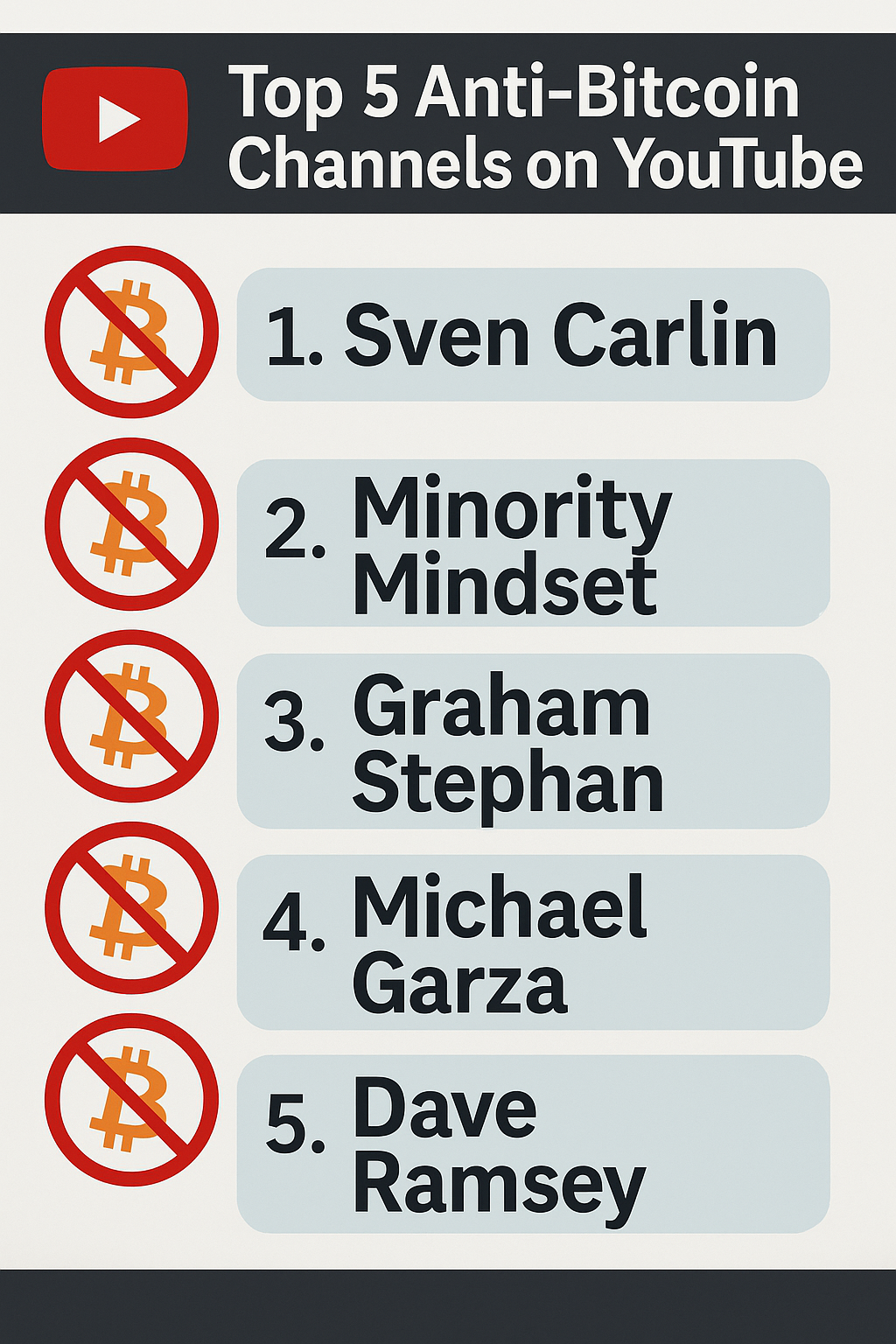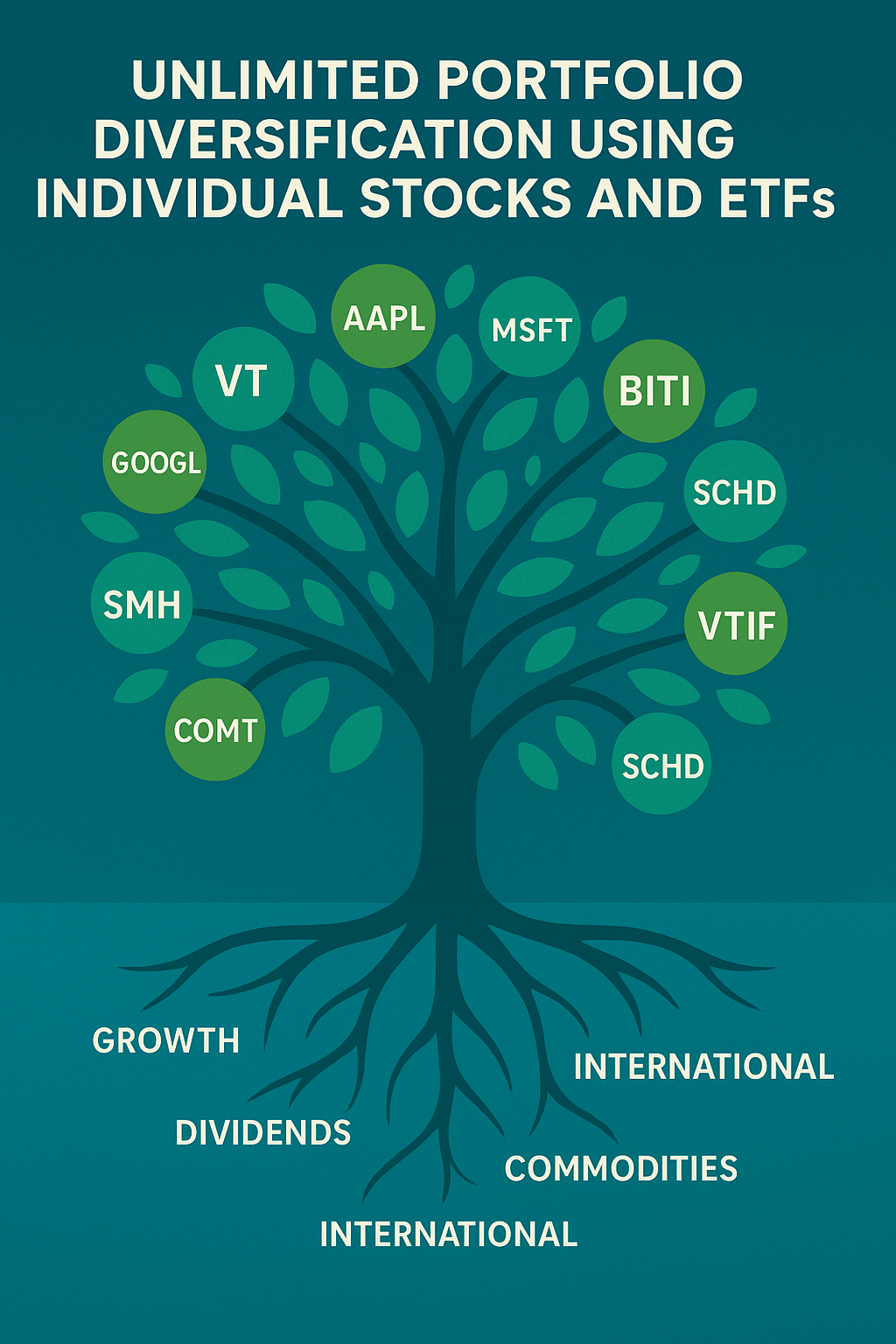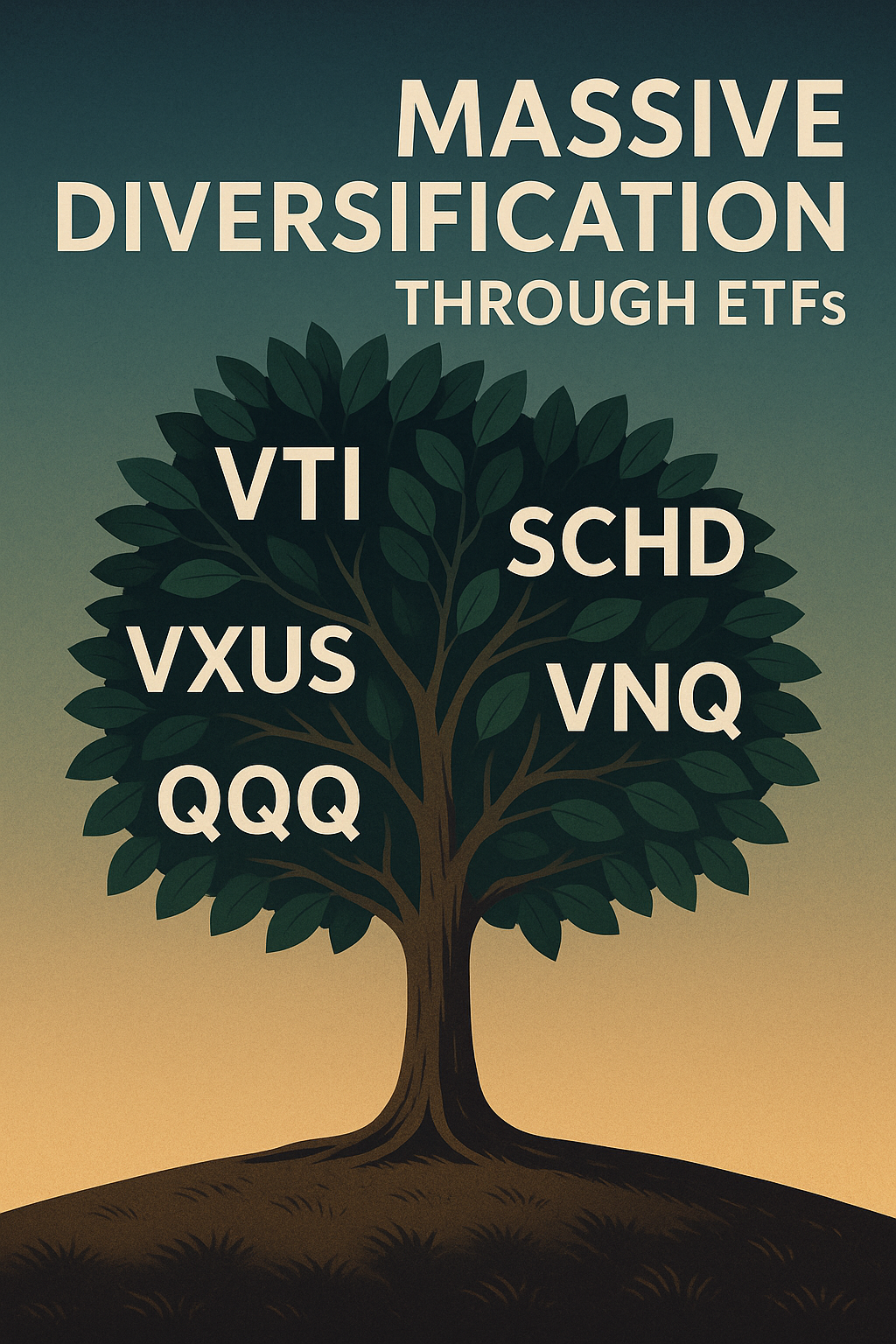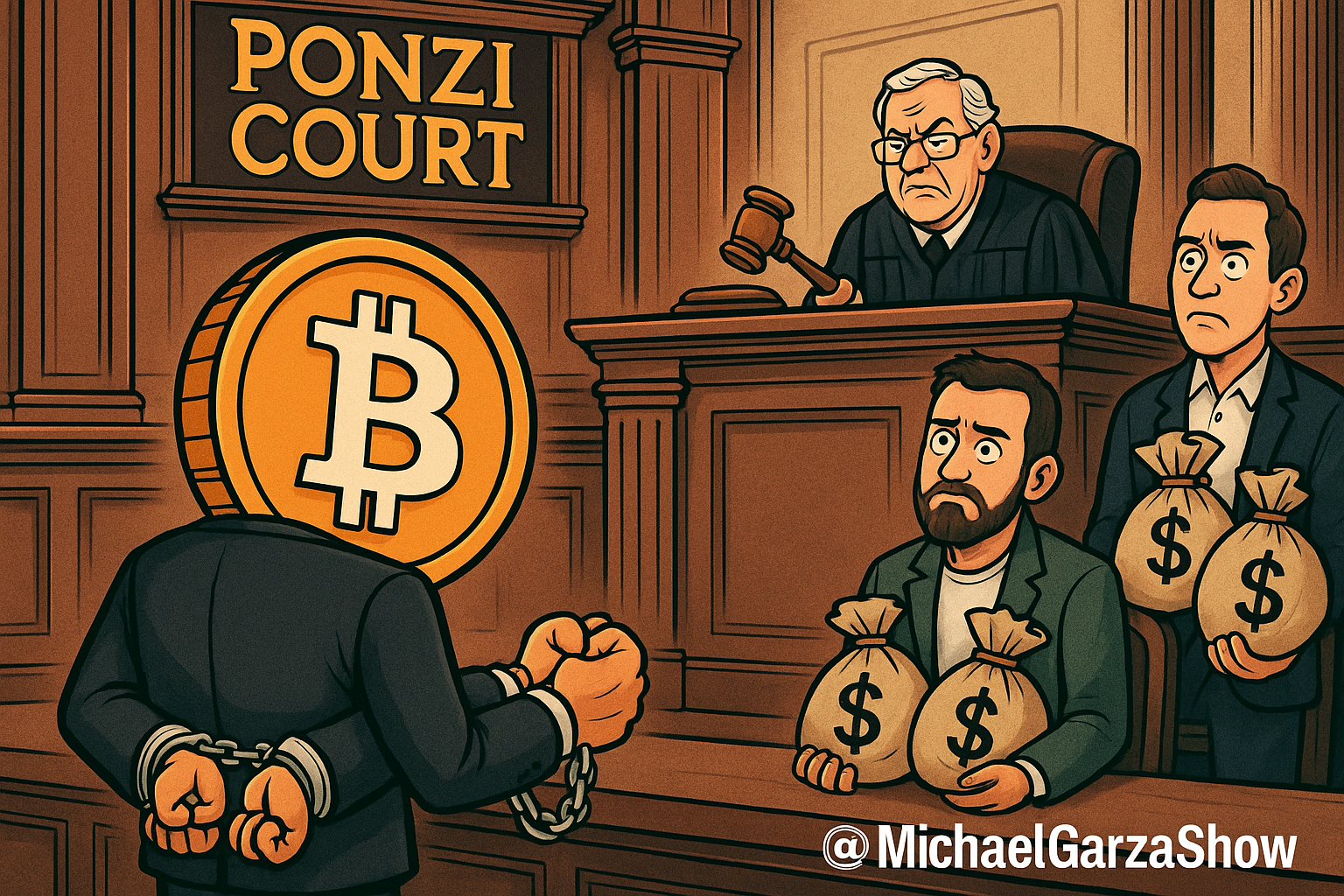While the internet is flooded with Bitcoin fanboys screaming “HODL” and “to the moon,” a few bold voices on YouTube are calling out crypto for what it really is — hype, speculation, and in some cases… a glorified digital Ponzi scheme.
These are the top 5 anti-Bitcoin channels on YouTube that cut through the nonsense and tell it like it is. Whether they challenge the crypto narrative with facts, financial logic, or brutal honesty — these creators aren’t afraid to say: “Bitcoin ain’t it.”
🥇 1. Sven Carlin
Why he made the list:
Dr. Sven Carlin is a fundamentals-first investor who doesn’t play games with your money. He regularly breaks down why Bitcoin isn’t a real store of value, has no intrinsic return, and how it fails as a long-term investment. His message: buy companies, not illusions.
Tone: Calm. Rational. Ruthless.
🥈 2. Minority Mindset (Jaspreet Singh)
Why he made the list:
Jaspreet has flirted with crypto coverage in the past, but lately, he’s been ripping it to shreds. He highlights the lack of regulation, extreme volatility, and shady influencer tactics surrounding Bitcoin. Jaspreet keeps it real — and that’s rare.
Tone: Street-smart with a CPA mindset.
🥉 3. Graham Stephan
Why he made the list:
While he used to flirt with crypto for views, Graham now openly expresses skepticism about Bitcoin’s real-world utility. He’s critical of its volatility and admits its value relies more on belief than business fundamentals. Plus, he’s always asking the right questions.
Tone: Open-minded, but cautious.
🏅 4. Michael Garza (Yes, you read that right.)
Why he made the list:
Michael Garza has built a name as one of the loudest, most entertaining anti-Bitcoin voices on YouTube. His channel rips into the crypto cult with satire, market data, and the kind of hot takes that actually make sense. He’s not just a critic — he’s a voice for the forgotten retail investor.
Tone: Unapologetic. Hilarious. Dangerous to Bitcoin bros.
🎖️ 5. Dave Ramsey
Why he made the list:
Old-school? Maybe. Wrong? Absolutely not. Dave Ramsey doesn’t pull punches — Bitcoin, to him, is nothing but “play money.” He tells his audience to invest in things they understand, like real estate, index funds, and not internet tokens with dog faces.
Tone: Southern fried common sense.
🧠 Final Thoughts:
Bitcoin might be digital gold to some — but to these YouTubers, it’s fool’s gold. The anti-Bitcoin movement isn’t about being contrarian for clicks. It’s about protecting real people from fake promises. If you’re tired of the hype and want financial sanity over crypto chaos, these are the channels to watch.
And yeah… Michael Garza stays in the conversation.
Disclaimers:
This post is for entertainment and educational purposes only and is not investment advice. Always do your own research and consult a financial advisor before making investment decisions — even if it involves blockchain bros.
As an Amazon Associate, I earn from qualifying purchases. This means if you click on a link and make a purchase, I may receive a small commission—at no additional cost to you.























